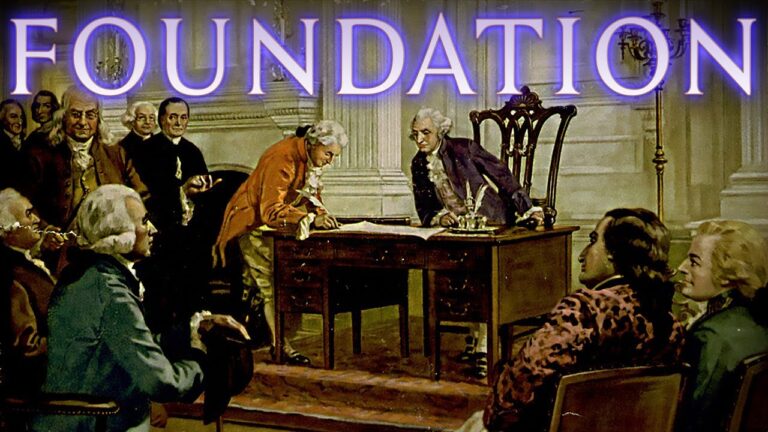“Unlocking Humanity: The Surprising Secret Behind What Makes Us Truly Human”
But in any event, this lack of significant changes to what Adams came up with is a feat perhaps unsurpassed in the forming of any other government, ever, where everyone wants their say and heated arguments abound.
A Culmination
So how did he do it and what, specifically, did he come up with?
As to the former question, Adams, like his son after him, John Quincy Adams, who is generally considered to have been the U.S. President with the highest ever IQ, had an extremely keen and analytical mind, and retained information at a genuine genius level. He had also spent his life obsessively studying both law and the classics and basically every work that could be found on the formation of government, from Aristotle’s Constitution of Athens, Politics, and Nicomachean Ethics, to John Locke’s Two Treatises of Government, to Montesquieu’s The Spirit of the Laws.
In all of this, Adams analyzed the pros and cons of different systems and, critically, was well aware of human faults which often get in the way of forming an ideal real world governing system.
Factoring all of this in, he came up with a system that, while arguably no single element was unique or hadn’t been done before somewhere, even borrowing elements from the other colonies’ Constitutions at the time, the specific ways in which it was all put together was unique, even right down to the way he structured the single document itself in chapters, sections, and articles, instead of more or less just a list of provisions, as had been typical before. This was a subtle, but very important improvement that was later adopted by the U.S. Constitution and beyond since.












